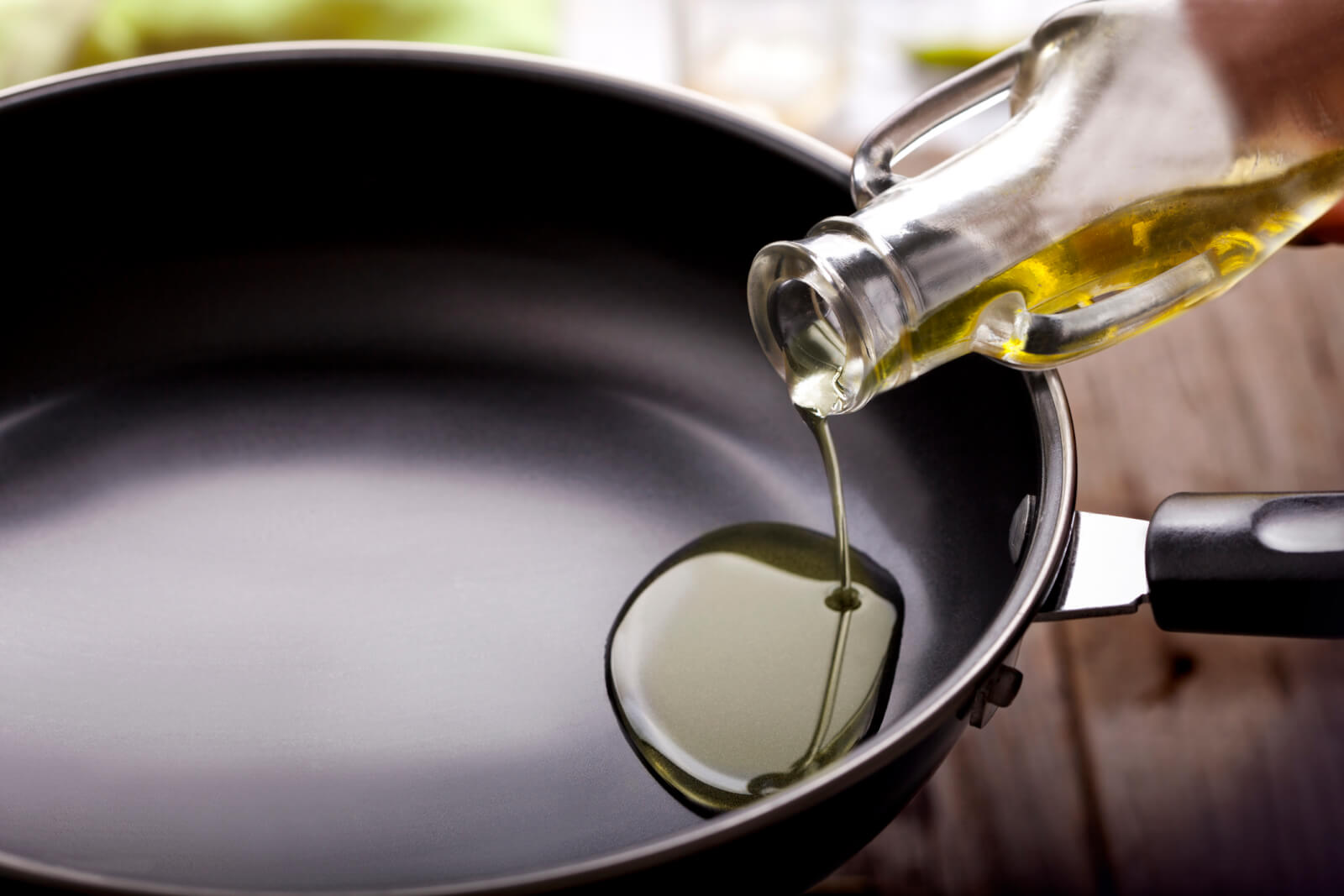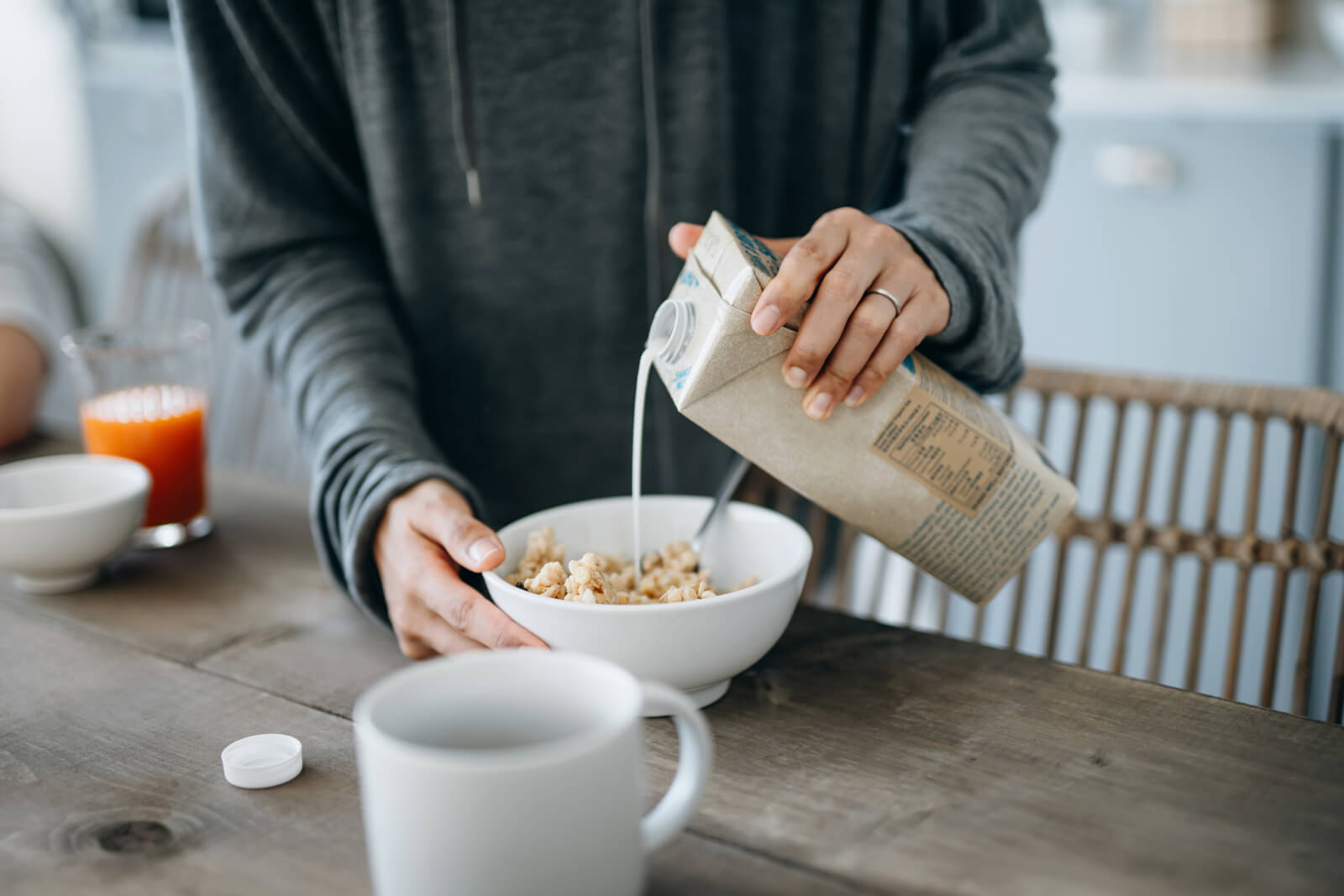In the last few years, seed oils have become a hotly debated topic in discussions surrounding health and nutrition. Steeped in controversy, some people caution against the consumption of seed oils, citing their potential toxicity — even the briefest browse on TikTok reveals many videos highlighting the harmful effects of seed oils. But are they really the villains they’ve been painted out to be? Turns out, maybe not.
With over 20 years of experience and several thousand hours of one-on-one client education, Nashville-based Registered Dietitian Heather Craig of HBC Nutrition is well-versed in seed oils. We chatted with her to learn more about the recent controversy, the pros and cons of cooking with seed oils, and more.
First things first. What are seed oils?
If you have drizzled canola oil on salad greens or stir-fry your broccoli in sunflower oil, you’re probably already familiar with seed oils. Seed oils are culinary oils made from pressed seeds, which naturally have a variety of fatty acids.
Seed oil is a blanket term for Omega-6-rich vegetable oils made from seeds, such as sunflower, cottonseed, safflower, canola, and grapeseeds. But most often, the term also covers other vegetable oils, such as soy and corn, which don’t come from seeds. They all get grouped since they share similar characteristics — they are extracted from vegetables, made into oil, and then used for home cooking and industrial food manufacturing. It’s the latter use that’s most problematic.

What do you think sparked the recent controversy?
What’s funny is that I didn’t realize there was such a controversy surrounding seed oils until I was asked to comment on this article! This topic has created a lot of discussion and activity on social media platforms. Social media influencers without proper nutrition education often use limited research to spread misinformation to promote “anti-inflammatory products” for their gain. But as a Registered Dietitian/Nutritionist, I love to help my clients weed through all the information out there and make informed, educated decisions for them and their loved ones.
Are seed oils actually bad for our health? If so, in what way?
The idea that seed oils are bad for you is largely a myth. Lists and infographics are referencing “eight bad seed oils” or “the hateful eight,” and this stems from a small set of studies that suggest a link between polyunsaturated fatty acids (PUFAs) — which are found in seed oils — and health conditions like heart disease. But most evidence up to this point comes from small animal- and lab-based studies that aren’t strong enough to draw any conclusions. More studies are needed on this topic.
Like anything else in your diet, seed oils are fine in moderation. They should be part of an overall balanced eating plan that includes lots of vegetables, fruits, whole grains, and lean protein options.
Of course, you can have too much of a good thing. The overuse of seed oils is the most problematic, especially when they are an ingredient in ultra-processed foods. For example, if you eat a lot of deep-fried foods, pastries, crunchy fried snacks (such as chips), and donuts, you can get too much oil. These ultra-processed foods are also high in sugar, salt, and food additives, which are also partly to blame for the poor health outcomes.
What about the seed oils in plant-based milk?
One thing I have found with the majority of oat milk products is that they are high in sugar, which is your inflammatory culprit — not seed oils. The seed oils are used as a preservative to extend the shelf life and thicken non-dairy milk alternatives.
Most plant-based milk brands contain seed oils, but if you are looking for an option without any, Califia Farms Organic Unsweetened Almond Milk contains no seed oils — only three ingredients — water, almonds, and salt.

Are some seed oils worse than others?
I would recommend limiting oils made from corn, sunflower, or safflower.
Are there any pros to using seed oils?
Seed oils contain Omega-6 PUFAs, which can be beneficial for lowering cholesterol levels.
What oils would you recommend for cooking, dressing salads, etc?
When cooking, use liquid oils such as olive, avocado, flaxseed, or walnut oil and bake or broil your food instead of frying it. A healthy balance of Omega-3 from olive and avocado oil and Omega-6 benefits a well-balanced diet. I think picking which healthy oils to use comes down to personal preference regarding taste.
Is there anything else we should know about cooking with seed oils?
Repeatedly heating seed oils to high temperatures, often done in restaurant deep-fryers, can be a health concern. Harmful compounds may be produced when oil is reheated or used past its smoke point. Try to limit your intake of deep-fried foods as well. And if you’re cooking at home, don’t reuse your cooking oil.
But cooking at home with seed oils — and using them once — isn’t a health issue. Omega-3 and omega-6 PUFAs in seed oils are an essential part of your diet. The Dietary Guidelines for Americans recommends a small amount of fat or oil daily. For an average 2000-calorie Mediterranean-style diet, the Dietary Guidelines recommend about 27 g of oil per day (about two tablespoons).
Pick up more nutrition tips from Heather and the HBC Nutrition team on Instagram and their website.
**********
For a daily dose of Style + Substance, delivered straight to your inbox — subscribe to StyleBlueprint’s free daily emails!



















